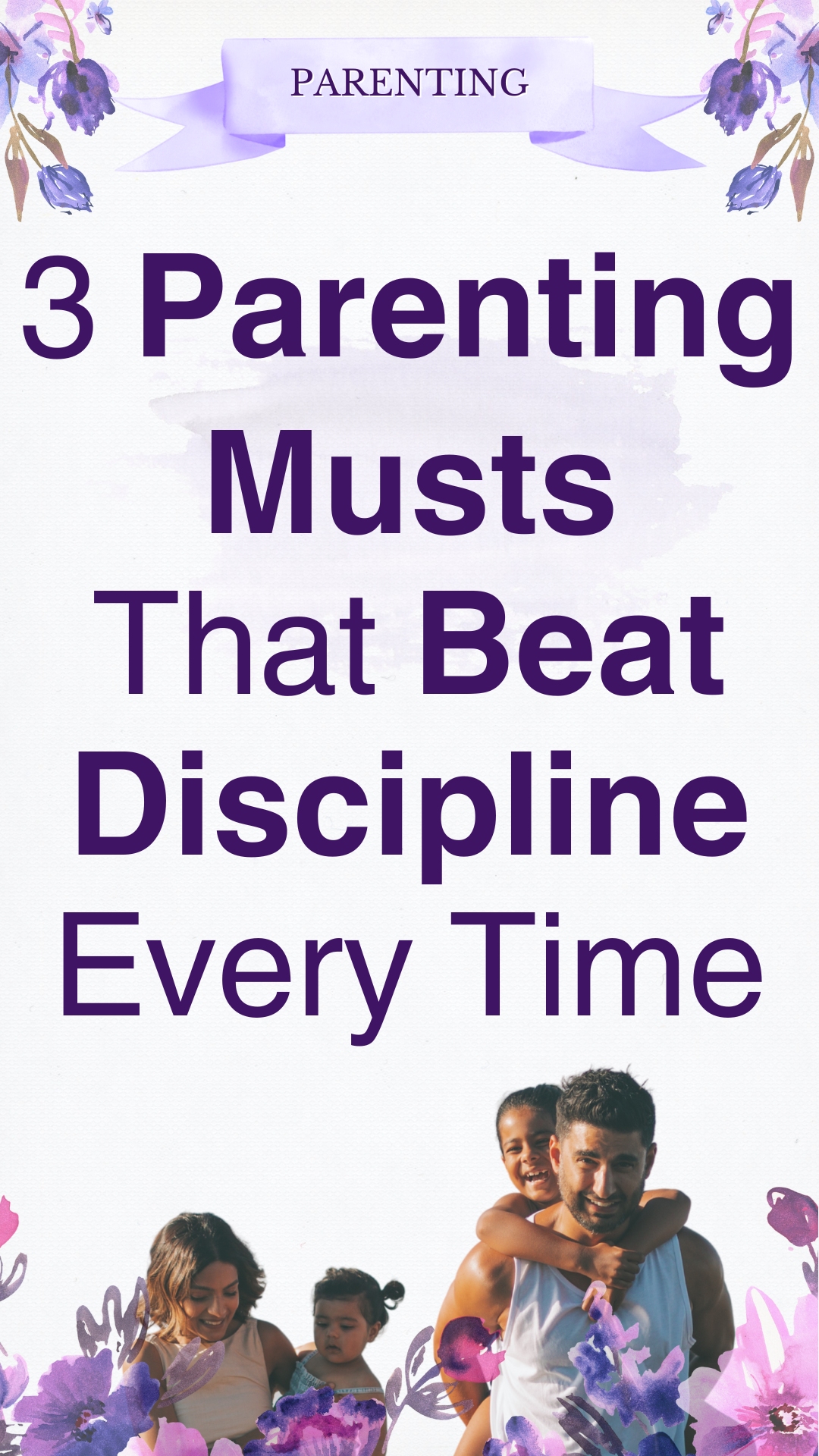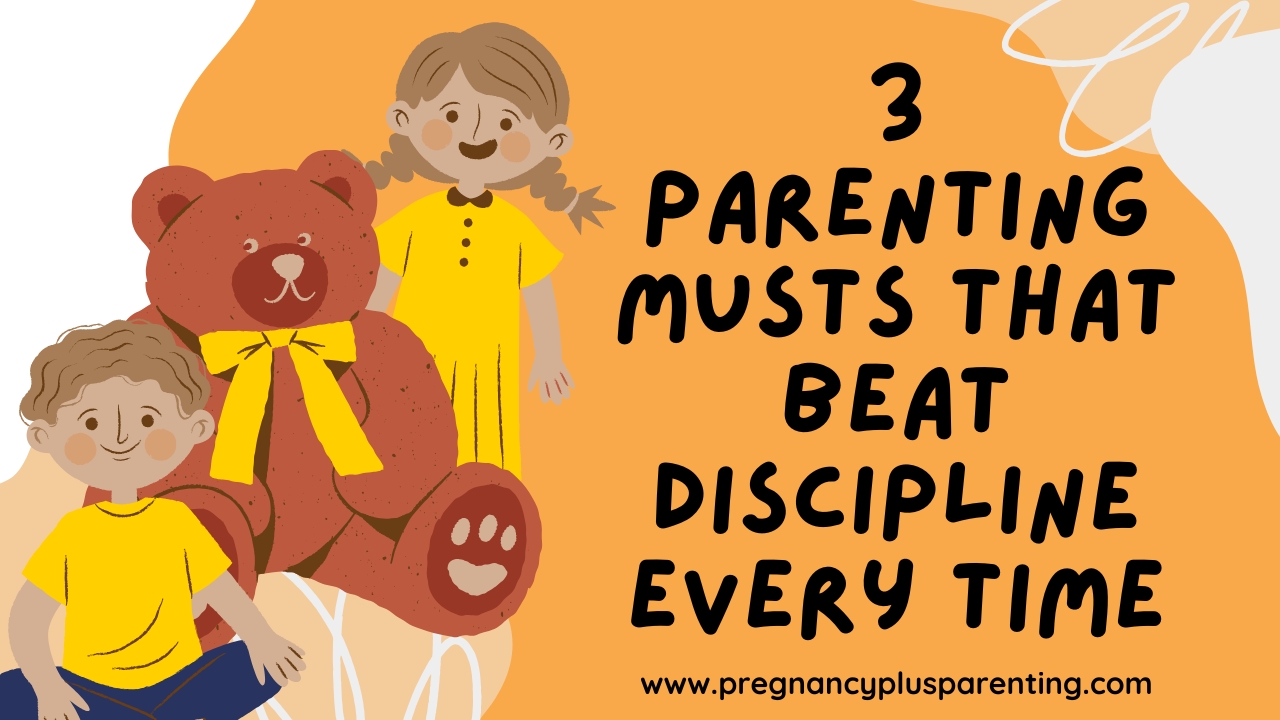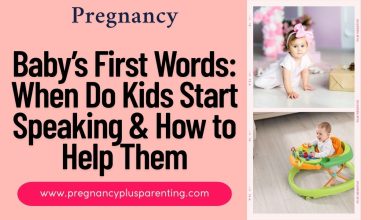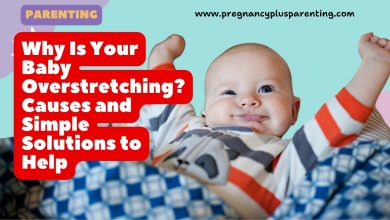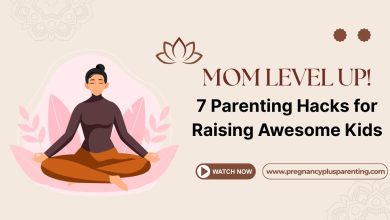3 Parenting Musts That Beat Discipline Every Time
As if it were the most important element of child-rearing, a plethora of books and articles on parenting teach us how to punish and not punish our children.
While I believe our tone and actions during discipline are essential, I feel we are overlooking some key aspects of parenting.
It’s easy to lose sight of the bigger picture when we focus too much on behavior change.
“Many people believe that discipline is the essence of parenting,” said Dr. Gordon Neufeld. However, that’s not parenting. If your child misbehaves, parenting doesn’t mean telling him or her what to do. Parenting is defined as “creating the conditions in which a child can realize his or her full human potential.”
Today I want to focus on the bigger picture and examine three areas of parenting that have a significant impact on our children’s development.
3 things that are more important than discipline
Relationships
The most important aspect of parenting, in my opinion, is the bond we have with our children. How effectively they listen to us, accept our boundaries and values, and cooperate depends on the value of our connection. Our connection serves as a model for future relationships , as it is where they learn what human relationships are like.
We’ve established a good standard when we have a healthy relationship based on trust, empathy, respect, and compassion. Intimidation, control, coercion, or fear in a relationship lowers the bar and makes this type of connection acceptable.
Follow these steps to create a fantastic connection:
- Spend valuable time with your child doing activities that they enjoy.
- Enter their spheres of influence and interact with them there.
- Listen carefully.
- Keep your commitments. Be reliable.
- Instead of shrugging off unwanted emotions , show compassion and empathy.
- Encourage others and reflect light.
- Respect each other.
- Positive discipline should be applied.
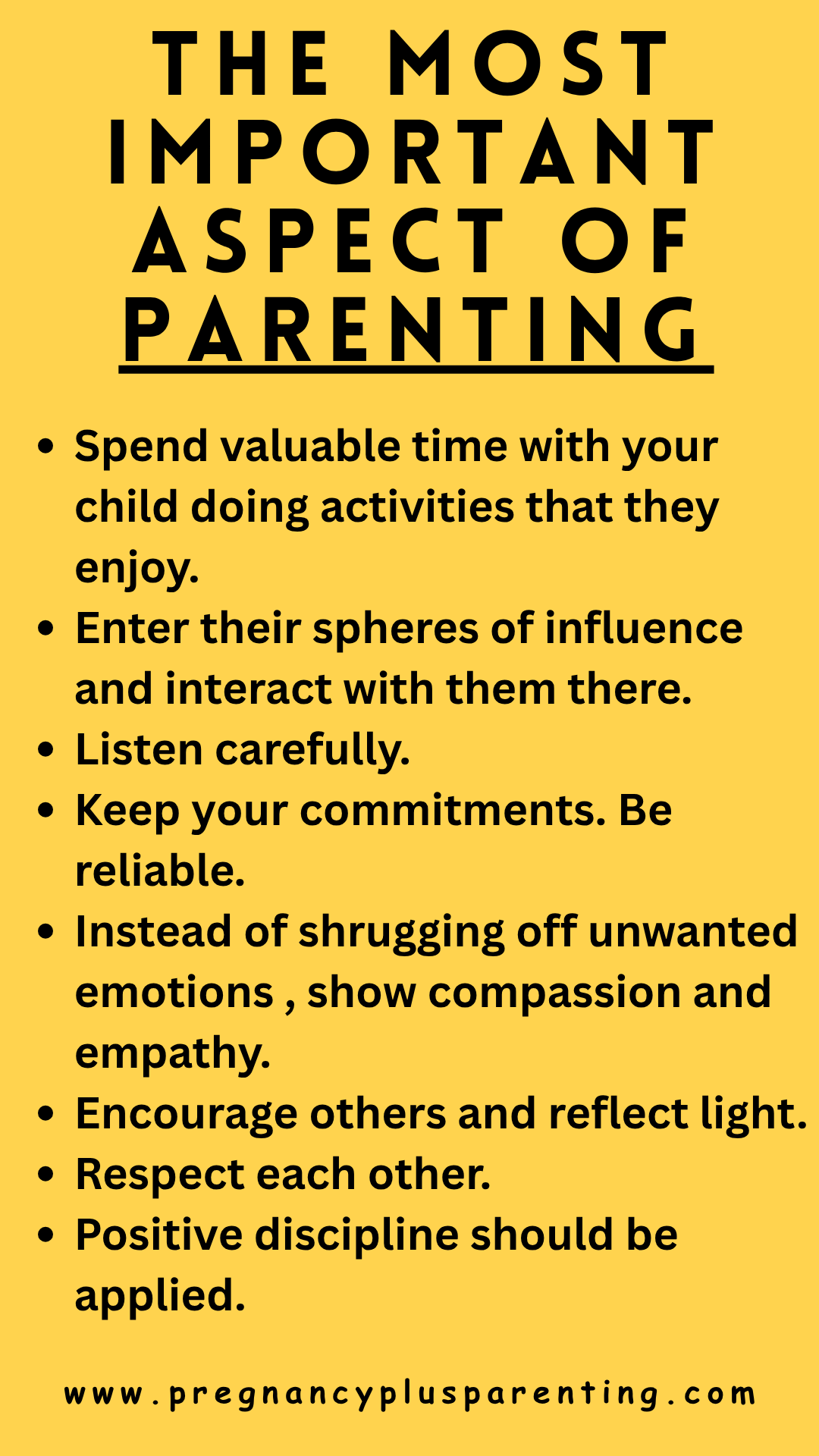
Here is a must-read on relationships:
Parenting mentality: Your relationship is influenced by how you see your child on bad days
Create a family culture
The family culture you build is the experience you provide for your children. It’s a complex story that encompasses ideas, attitudes, values, habits , and traditions, among other things. Your family culture is essentially the environment in which you raise your children. It has a significant impact on who people become.
Your relationship with your spousYour children observe and learn how you connect with your spouse/partner. You are their first introduction to romantic relationships, and they often reflect what they see every day . Here are five suggestions for improving your relationship with your partner .
Emotional tanks need to be filled. Everyone has an emotional tank that needs to be filled. When your emotional tank is empty, much like your car’s gas tank, your relationship begins to sputter. When the tank is empty, it can completely stall.
Keep your partner’s tank full by being aware of their emotions and recognizing when they are happy, sad, enthusiastic, worried, etc. Make daily emotional contributions—encouraging words and affirmations or loving actions (love language), sharing dreams, listening to each other’s hopes, ideas, and desires.
Focus on the good.
Focusing on what you don’t have will lead to negative feelings in your relationship. Instead, focus on your partner’s outstanding qualities and publicly express appreciation and gratitude.
Argue productively. Although conflict is inevitable, bonded couples establish ground rules for resolving disagreements and avoid messy fights.
Flirt
Don’t give up on wooing your partner. A wink across the table, dressing up, sharing inside jokes, and kissing often.
Leadership should be shared. While it’s good to agree on tasks, running a household and raising children isn’t solely the responsibility of one partner. Everything is done as a team effort.
